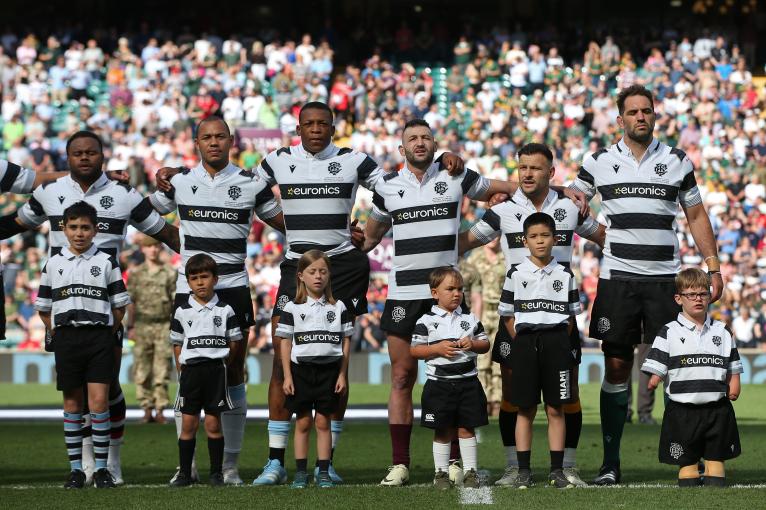Whitelock quitte la scène sur une ultime victoire

L’ancien capitaine des All Blacks, Sam Whitelock, a terminé sa carrière en beauté, en menant les Barbarians à une victoire 45-32 sur les Fidji lors d’un match palpitant à Twickenham.
Le deuxième-ligne de 35 ans, double champion du monde de rugby avec la Nouvelle-Zélande, a reçu des applaudissements nourris de tous les coins du stade du sud-ouest de Londres lorsqu’il a quitté le terrain en fin de rencontre.
Whitelock a réalisé une performance fidèle à sa réputation aux côtés des internationaux français Virimi Vakatawa, Gaël Fickou et Cameron Woki face à une équipe fidjienne en pleine possession de ses moyens, entraînée par l’Australien Mick Byrne.
Les impressionnants Fidjiens ont été boostés par un triplé d’Epeli Momo, qui joue dans le Super Rugby Pacific avec les Fijian Drua, mais ils ont échoué dans une rencontre haletante.

L’ancien ailier anglais et futur joueur de Soyaux-Angoulême Jonny May a marqué deux fois pour les Barbarians, dont les autres essais ont été marqués par Lachlan Boshier (deux), Chay Fihaki, Zach Mercer et l’international néo-zélandais Leicester Fainga’anuku.
Jouaient aussi pour les Barbarians Jack Cornelsen, né sur la Gold Coast et fils de Greg Cornelsen, Wallaby des années 1970 et 1980, qui représente le Japon au niveau international, et Scott Sio, ancien pilier des Wallabies.
Les Baa-Baas, entraînés par l’ancien mentor des Wallabies Robbie Deans, ont été bousculés par les Fidji. Les trois essais de Momo ont été complétés par les 10 points de Kemueli Valentini et les sept autres de Caleb Muntz, le demi d’ouverture.

























